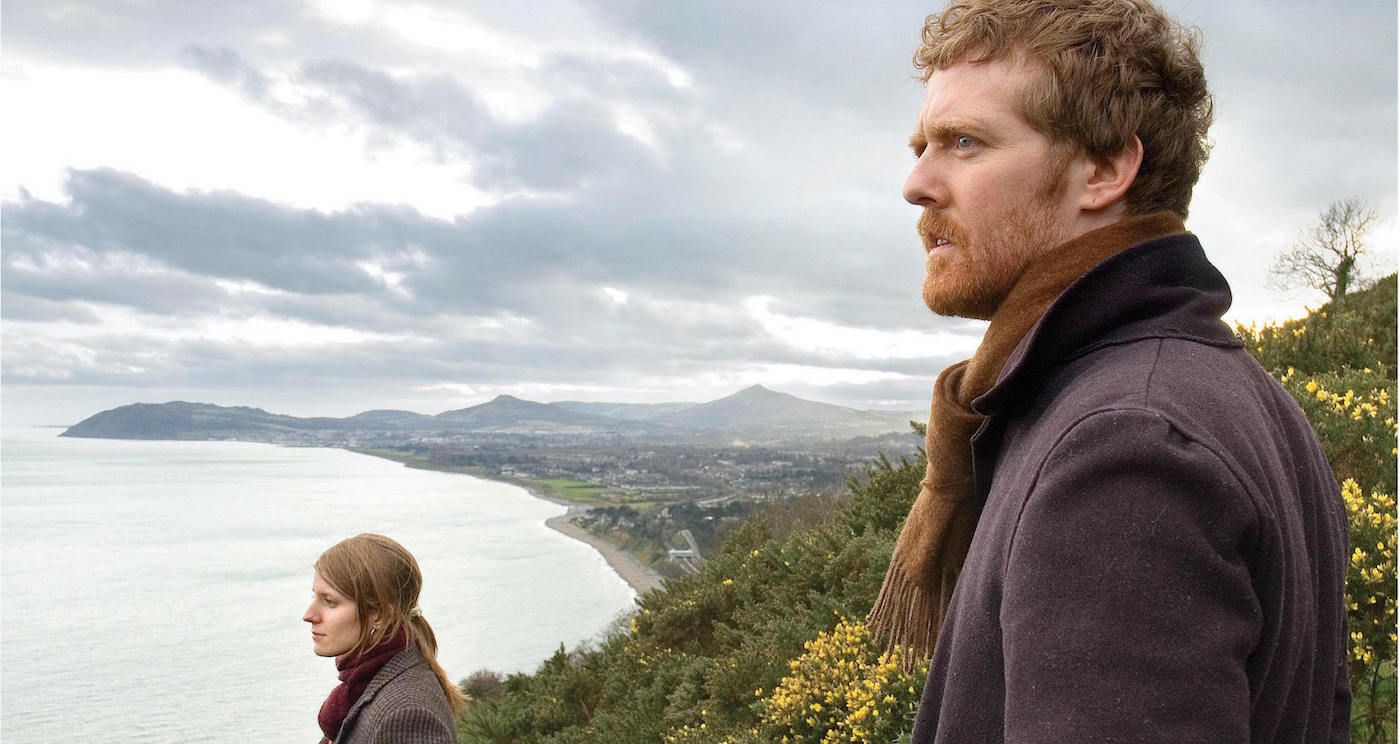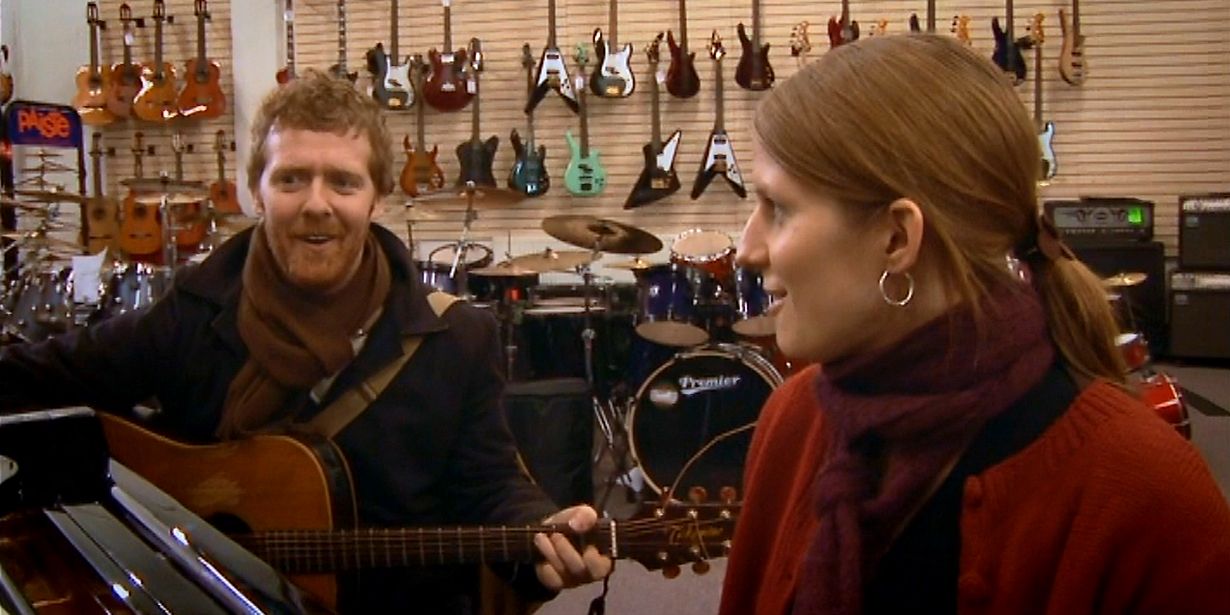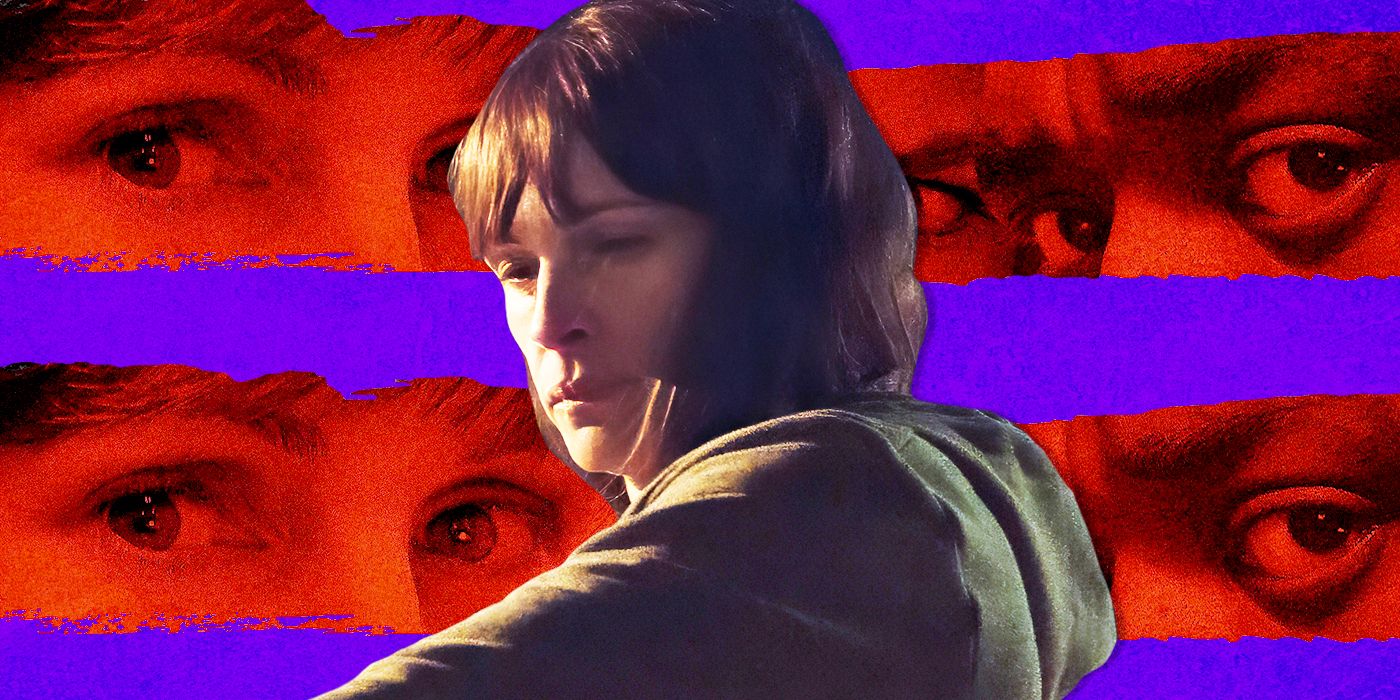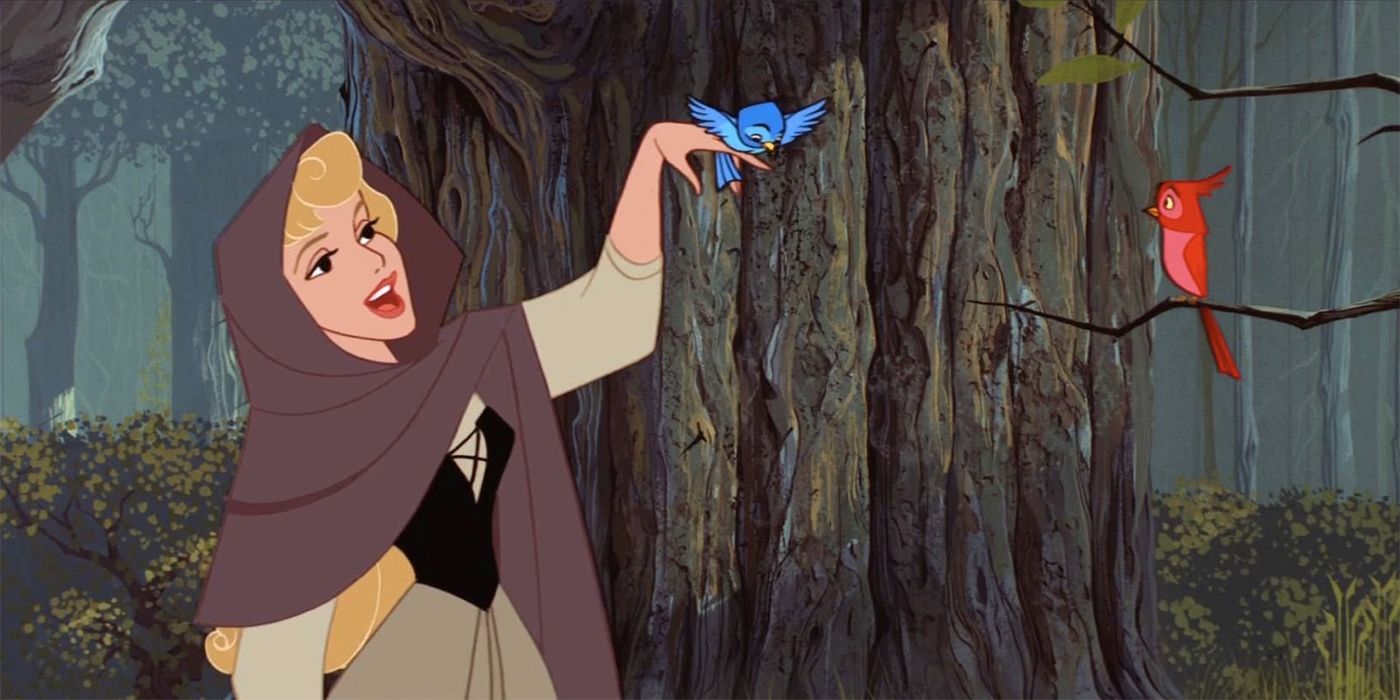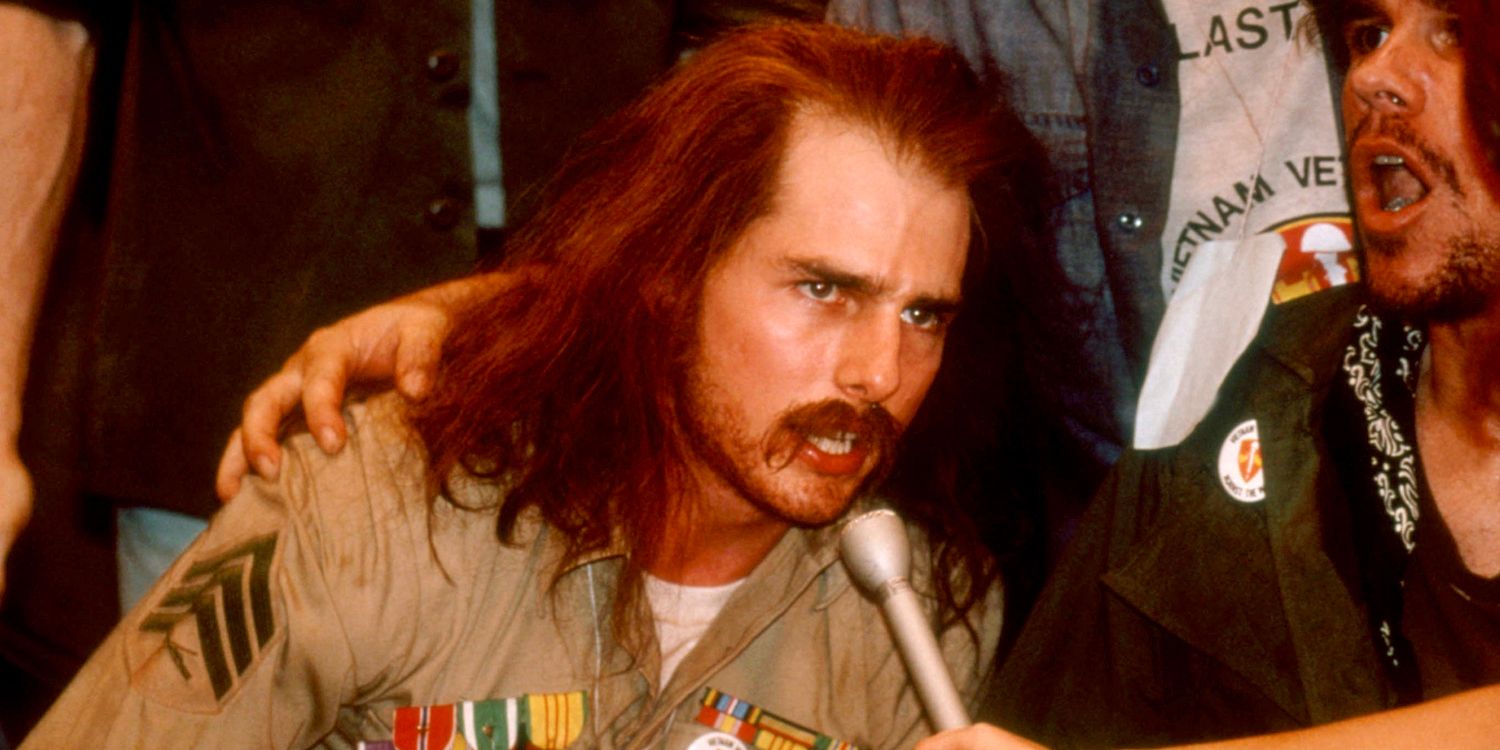The Big Picture
- Once is a truly romantic film that fully engages with the nature of romance, showcasing it as a delicate subconscious dance that happens gradually, and then suddenly.
- The film’s use of non-actors and naturalistic cinematography creates an authentic and unwatched feeling, enhancing the proceedings with a sense of cinema verité.
- The film’s use of songs serves as emotional checkpoints for the progression of the romance and frames it as purely one of love, sidestepping the complications of sex. The improvised line in Czech, “I love you,” adds depth and tragedy to the story.
How many truly romantic films have there been recently? Not films with a romantic subplot, or even romantic comedies where the romance is somewhat strengthened with saccharine and the comforts of pop aesthetic, but films that fully engage with the nature of romance. Films that showcase romance as a delicate subconscious dance that happens gradually, and then suddenly. Besides the Before Trilogy, we don’t often get films that allow themselves to be fully dedicated to such a tender process, and one of the films that did that best was Once, the small scale John Carney movie that feels expansive in its emotional landscape. The tale of two strangers stuck in Dublin who bond over music and frustrated dreams builds gradually to a stunning crescendo of love, thanks in part to one of the most soul-crushing improvised lines in recent memory.
Two Wandering Musicians Connect in ‘Once’
Once is about Guy (Glen Hansard) and Girl (Markéta Irglová), both lost in life and holding onto their love of music for sustenance. Guy is an Irish street musician who repairs vacuums for his father’s business in order to make a proper living; Girl is a Czech woman committed to caring for her mom and daughter while her husband is still living in the Czech Republic, and in the meantime she keeps her musical passion alive by playing the piano at a local music store. Hearing his music on the street, Girl meets Guy and gives him work fixing her vacuum, which becomes the prelude to a connection that will lead to lots of jam sessions, attempts at recording music, and worst of all, emotional confusion.
John Carney had to make the film in a manner that’s influenced by the Italian neorealism wave, where he uses non-actors with naturalistic cinematography to make it feel like everything you’re seeing is actually happening for the first time. This is in part due to the fact that he built the film around two musicians who had no acting experience (except for Hansard having a role in The Commitments, where he mostly played music anyway), which only happened because the producers had a shoestring budget after Cillian Murphy pulled out of playing Guy due to concerns over his singing voice and not wanting to act with Irglová due to her inexperience. Since the budget became so small, Carney had to shoot everything on location using natural light and shooting in the homes of Carney and his friends, along with shooting without permits on the streets of Dublin using long lenses so no one would notice the camera crew. This turned out to be a blessing in disguise, as according to Hansard himself in an interview with The Gazette, he said that allowed the actors to improvise more and relax and forget that they were being filmed.
‘Once’ Using Non-Actors Makes It Feel More Authentic
That feeling of being unwatched is key to Once working the way it does, as it enhances the proceedings with a feeling of cinema verité. Even if the script has the core of a standard romantic drama, complete with a satisfying tragic ending, it transcends formula by allowing itself to unfurl at a pace that hews closer to how actual conversations between strangers feels. For instance, there’s a scene where he invites her to his home to meet his dad and then takes her to his room. He offers for her to stay the night, and we’re given no indication that he meant this as a sexual invitation. She, however, took it that way, and while this sounds like the material for wacky misunderstanding, it’s instead just cringe and any real conflict ends about as soon as it begins, and she just leaves. None of this is played for laughs, and it really feels like two people having to figure an unforeseen situation out in real time, benefiting from the natural chemistry that Hansard and Irglová have. Since none of this was played up too strongly, it feels more plausible when they meet each other the next morning on the street and are both like “my bad,” and move on to make more music.
One of the genius strokes of the film is how it uses the logic of musicals in order to build up the underlying romantic tension without breaking its verite aesthetic. All throughout the film, we’re treated to the songs that Guy and Girl write and perform, sometimes apart and sometimes apart. Whether it’s the Oscar-winning “Falling Slowly,” the harmonic “If You Want Me,” or Girl’s yearning solo “The Hill,” the songs serve as both emotional checkpoints for the progression of their dynamic, and also as spiritual sex scenes, seeing as how music is the most important passion that binds them together. Typical musical logic states that if the emotion is too strong for words, you sing them, and the songs that Guy and Girl create let the film frame its romance as purely one of love and sidestepping the complications of sex. It fits the storybook perfectness of its tone, all the way up to its most devastating line.
The Improvised ‘Once’ Line Packs a Devastating Punch
Things reach a point where Guy and Girl must make a decision. They are both aware that there’s some kind of strong connection between them, and a chance at a life together, except for the fact that Girl has a husband living in the Czech Republic. Before this point in the story, Girl had not told Guy this, so he’s understandably flummoxed and adrift at what to do. He asks Girl if she still loves her husband, to which she stares at him for a while before saying “miluji tebe,” and then walks off as he repeatedly asks her what that meant. What it actually meant was “I love you” in her native Czech language. She put her money where her mouth was and confessed something that could have changed the course of their lives, and he didn’t know what just happened. It hits as hard as it does because it happened for real.
In an interview with E! Online in 2007, Glen Hansard said that Marketa improvised her profession of love in Czech, and he “thought we had cut by then. Basically, we were just kind of ad-libbing those moments. And so when she said [the Czech phrase for I love you] to me, I didn’t know what she was saying.” In other words, his stuttering bafflement at what she said was completely authentic and sharpens the knife that was already plunged in our guts. It adds an extra level of tragedy to what was previously a fairy tale rendered realistically like what Tom Hooper has tried and failed to do multiple times. By adding this element of a fork in the road being completely unnoticed by one party, it takes the ending where two people’s lives are forever touched but must go back to their previous lives and turns it into the perfect close to one of the great screen romances in recent years.


